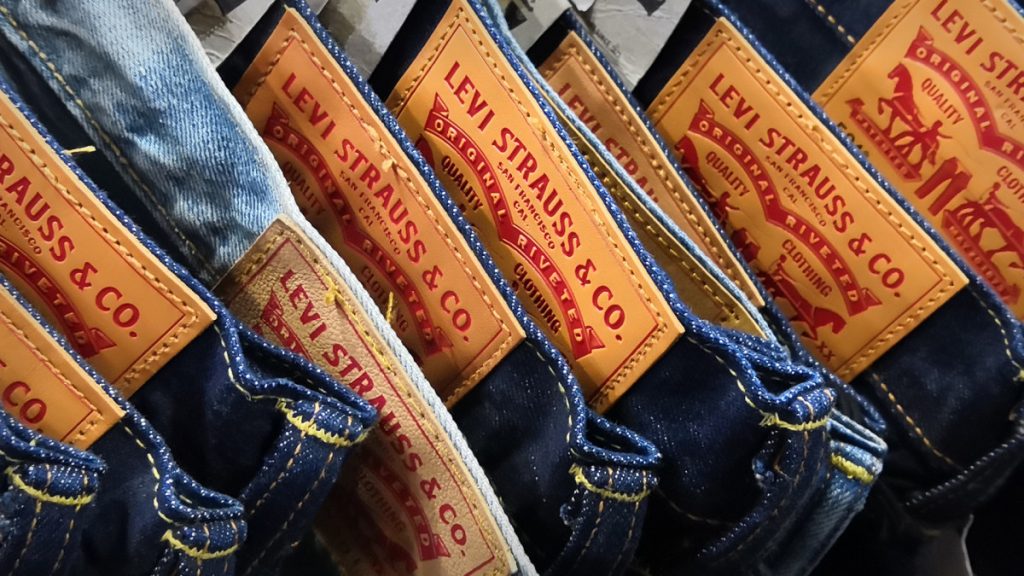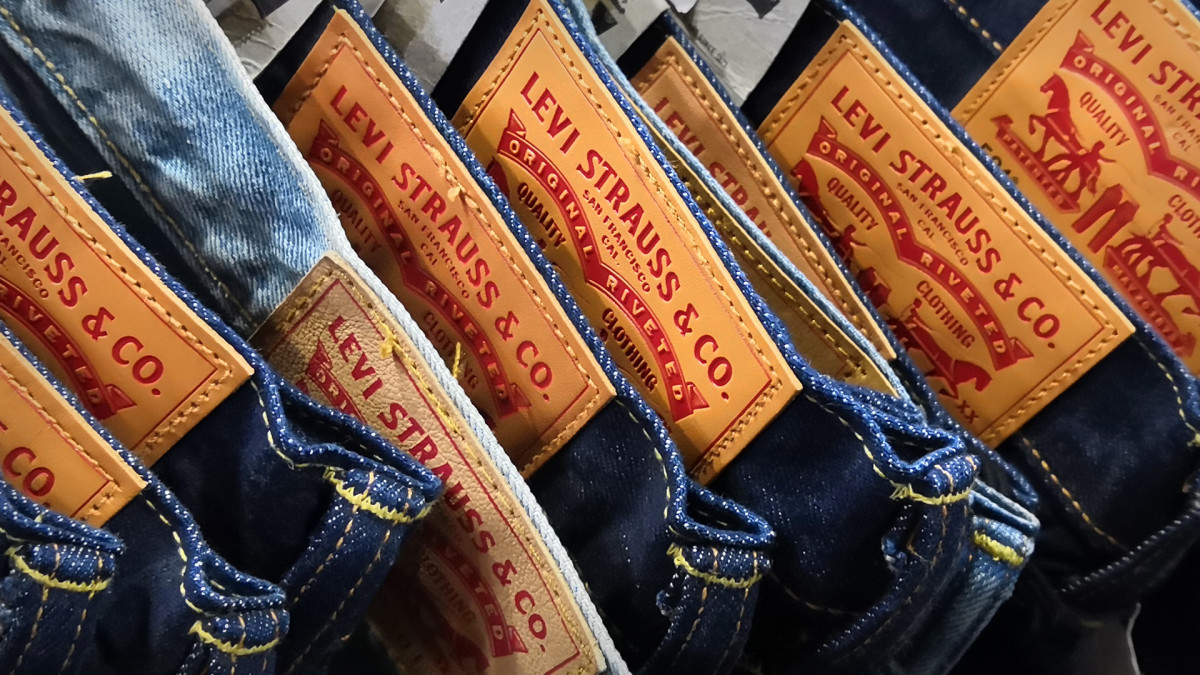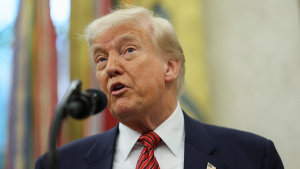Legacy denim maker uncovers shocking counterfeit operation

When you buy a pair of jeans from a reputable denim manufacturer, of course you expect them to be the real deal.
But counterfeit denim is a massive problem for high-profile manufacturers. Once a product gets popular and stays that way, the potential for counterfeit products to be made soars.
💰💸 Don’t miss the move: SIGN UP for TheStreet’s FREE Daily newsletter 💰💸
Pirated consumer goods, apparel included, cost the U.S. economy an estimated $650 billion annually, according to the the U.S. Chamber of Commerce. The majority of counterfeit goods originate from China and Hong Kong.
In 2024, Amazon alone seized more than 15 million counterfeit products sellers were attempting to list and sell on its website. To keep up with the massive inflow, Amazon uses AI tools that proactively block infringements, which have resulted in the company identifying and charging more than 24,000 people attempting to sell counterfeit product.
Related: Lululemon fixes an embarrassing problem
If you’re wondering if you’ve ever been duped yourself, the unfortunate truth is that you may have been. Seven in 10 people that buy items online have unknowingly bought counterfeit items, per a Michigan State University study from 2023. E-commerce websites and social media are the places these items show up most frequently.
Now one of the world’s best-known names for denim has filed a lawsuit against a manufacturer of these fake items.

Image source: Shutterstock
A New York apparel distributor is selling fake jeans
On May 2, Levi’s filed a lawsuit in the Northern District of California against New York apparel distributor Premier Brands Group, which alleges that the apparel distributor has “trafficked large volumes” — over 90,000 items — of counterfeit jeans, shirts, jackets, and other items bearing forged Levi’s trademarks.
The lawsuit points out that that the counterfeit products are of “exceedingly low quality,” with some bearing labels with obvious errors. For example, one label says the product is from “Sans” Francisco.
“Unfortunately, the long-lived and enormous success of LS&Co., its popular brands, and its famous trademarks in serving as reliable source indicators of fashionable, high-quality products has increasingly attracted infringers and counterfeiters seeking to illegally capitalize and trade on that same fame, goodwill, recognition, and reputation for top quality and style…. Defendants are the latest example, orchestrating and directing a counterfeit trafficking operation from the United States, buying and selling fake, low quality “Levi’s”-branded products, and causing significant harm and damage to LS&Co., its brands, its goodwill, and its reputation, while making a significant profit for themselves,” the lawsuit reads.
The lawsuit seeks financial damage compensation without naming a specific amount, alleging that the counterfeit trafficking operation caused “millions of dollars in damage” to Levi’s in lost sales of genuine products.
A long history of fighting counterfeits and copycats
This is not the company’s first time dealing with bad actors counterfeiting its product. In 2024, Marin Morales-Espinoza and Francisco Alvarado-Ramirez were convicted in a case where both played an active role in smuggling fake Levi’s products into the United States from Mexico.
Related: Top luxury fashion brands just made a quiet change
Levi’s also has to deal with people copying its product. In September 2024, it filed a lawsuit accusing Japanese denim brand FullCount and U.S. retailers Franklin & Poe and Standard & Strange of both trademark infringement and counterfeiting. Levi’s sent its first injunction to FullCount in 2009, then another in 2018 to insist the denim maker stop creating products with identical features, including the red tab associated with Levi’s since its beginnings.
If you’re worried about whether the jeans you own are the real deal, the company has a handy guide you might want to check out.
#Legacy #denim #maker #uncovers #shocking #counterfeit #operation




